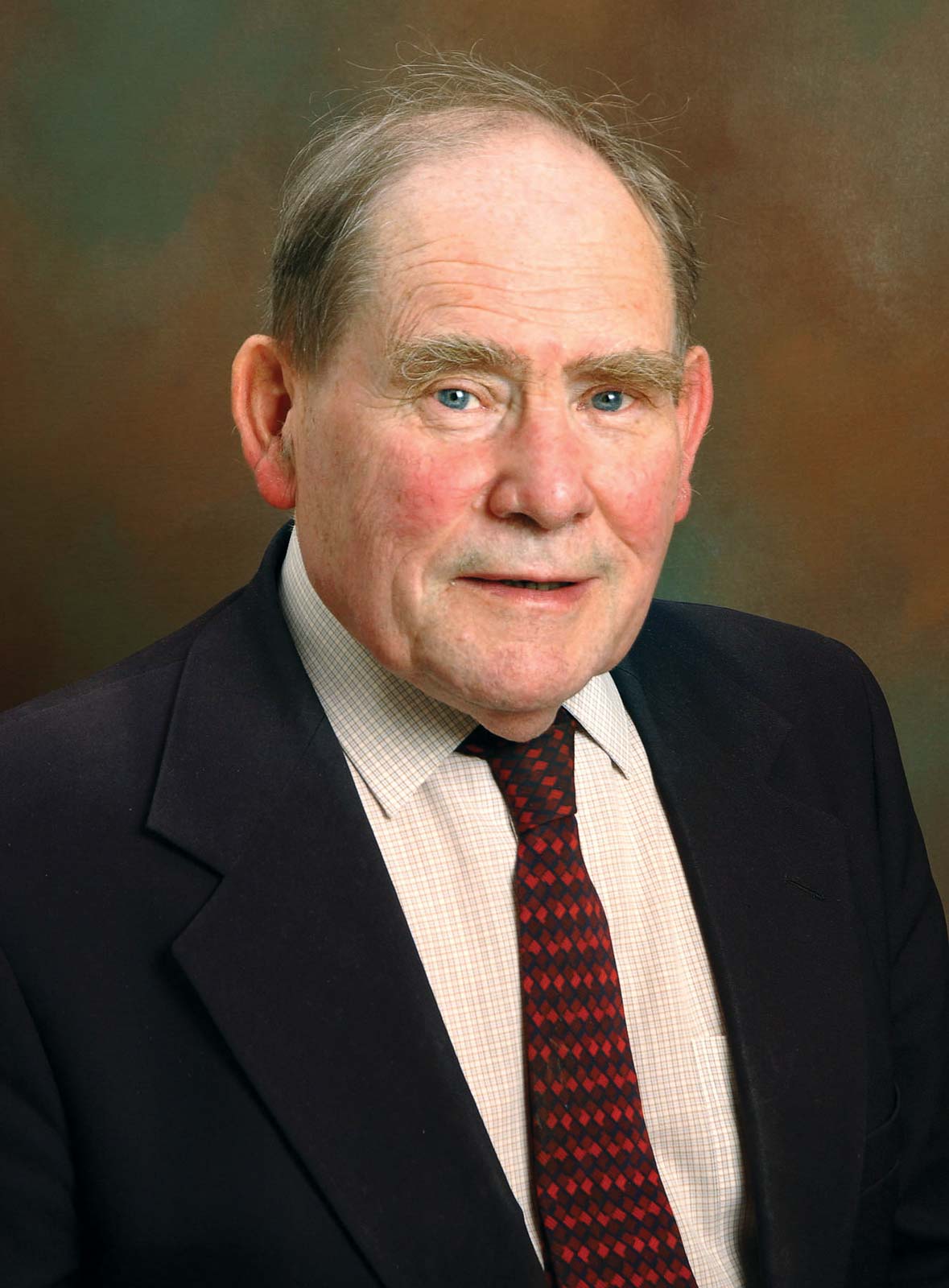Brenner, Sydney (1927-2019), a South African-born British biologist, won the 2002 Nobel Prize in physiology or medicine for his research on how genes control the growth and development of organisms. The prize was also awarded to two other biologists—John E. Sulston of the United Kingdom and H. Robert Horvitz of the United States. The three scientists conducted research on the development, growth, and cell death of tiny roundworms called nematodes (see Roundworm ).

Brenner experimented with roundworms to study how organisms develop from a single fertilized egg into adults. He used the nematode species (pronounced Caenorhabditis elegans << `see` noh rab DY tihs `ehl` uh GANZ >> ) in his experiments. He determined that these worms were particularly well suited for study because they are small and transparent, and their adult bodies are made up of a limited number of easily observed cells.
Brenner used chemicals to cause mutations in specific genes in the roundworms. He then observed that certain organs would develop abnormally in the mutated roundworms. From these experiments, Brenner was able to show that specific genes regulate the development of the adult worm from a fertilized egg. Similar genes have since been identified in other organisms, including human beings. These discoveries have important implications for medical research on human growth and the development of cancer and other diseases.
Brenner was born in Germiston, South Africa, near Johannesburg, on Jan. 13, 1927. He studied science and medicine at the University of the Witwatersrand. He then studied physical chemistry at Oxford University in the United Kingdom, receiving a Ph.D. degree in 1954. From 1956 until 1992, he conducted research at the Medical Research Council’s Laboratory of Molecular Biology and the Molecular Genetics Unit at Cambridge University. Brenner’s work with colleagues at the unit led to the discovery of messenger RNA in the 1960’s. Messenger RNA, also called mRNA, copies chemical instructions from DNA for making proteins in cells. The mRNA then leaves the nucleus and carries the instructions to protein-making cell structures called ribosomes. These instructions tell the cell how to put amino acids together in the right order to make proteins. See RNA .
In 1996, Brenner founded the Molecular Research Institute in Berkeley, California. The institute is an independent, not-for-profit research laboratory devoted to the study of how cells and organisms respond to genetic and environmental change. In 2000, he became a distinguished research professor at the Salk Institute for Biological Studies in La Jolla, California. He was named an honorary citizen of Singapore, where he helped establish its biomedical research industry. Brenner died on April 5, 2019.
See also Horvitz, H. Robert ; Sulston, John Edward .
